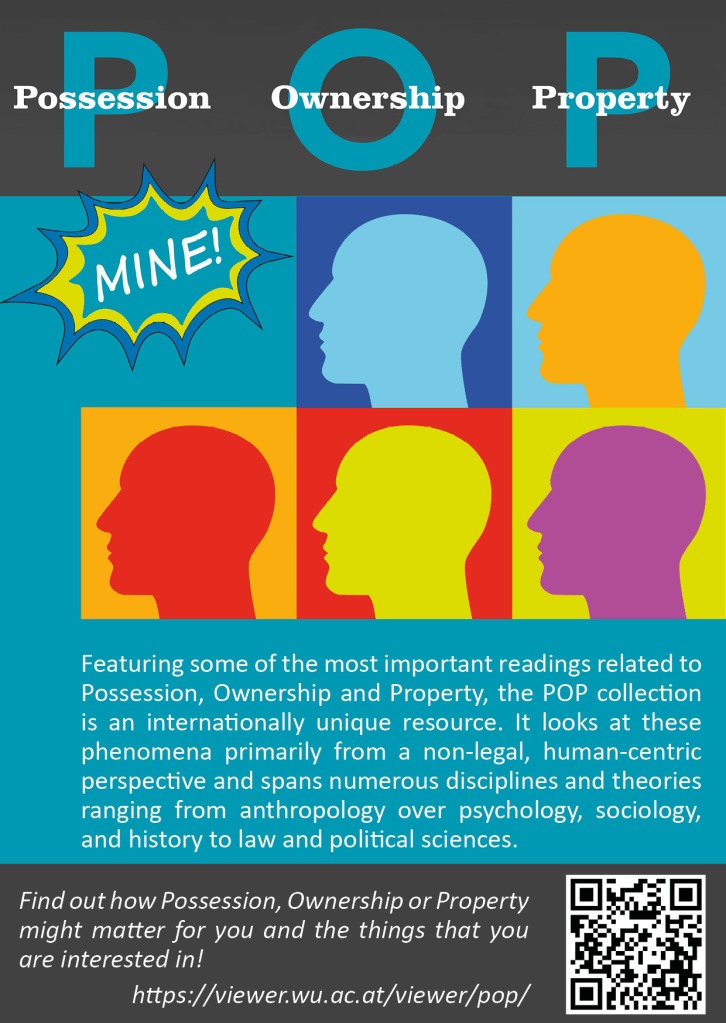A GUEST COMMENTARY BY YASMINE L. KONHEIM-KALKSTEIN
Over the past few years, I have delved into research on childbirth. My research always gets inspired by something personal, and this line of research was no exception. I had a horrible first birth experience, where things felt out-of-control, scary, and resulted in an emergency cesarean birth. I was left traumatized and upset. I had a healthy baby, but sometimes this made me feel guilty that I was upset over my birth experience. It turns out, I was not alone in struggling with the memory of my birth experience. Many women desire a sense of ownership of their birth experience. They desire a certain experience and a feeling of control, in addition to the clear goal of a healthy outcome. While birth usually ends with the positive outcome of a baby being born, many women experience negative feelings after birth, particularly when their birth did not go according to expectations.
Decision making during childbirth is particularly unique, in that it requires negotiating the risks of mother and unborn baby, interpreting uncertain diagnostic information, and balancing a patient’s desire for control with the authority of the healthcare provider, in an event that can stretch for days with ongoing challenges. And sometimes the challenges mean a deviation from a woman’s initial expectations.
A common instance of unmet expectations is an unplanned cesarean delivery (UPCD). Compared with planned cesareans and vaginal births, women with UPCDs experience greater disappointment and feelings of failure, are at greater risk for postpartum depression, and post-traumatic stress.
My own research has revealed that support during an unexpected birth experience matters, and can come in many forms: emotional support, informational support, decisional inclusion, and even just practical support (such as handing someone a pillow) (Konheim-Kalkstein, Miron-Shatz, & Israel, 2018). In our research, we found that being included in decisions and being given emotional support were more predictive of satisfaction during an unplanned cesarean birth than a woman’s personality, her desire for control, or how prepared she felt going into childbirth (Konheim-Kalkstein & Miron-Shatz, in preparation). In other words, what happens during the experience matters. We also found that emotional support during labor and delivery can mitigate regrets women have about their experience, and is associated with women advocating for themselves.
Including women in the decision-making process, or at least giving them emotional support helps them retain a sense of ownership over the experience. We are currently analyzing data from women who describe the least supportive moment of their birth experience. In moments where women felt least supported, some women described a loss of ownership over what was happening in their environment.
For example, women shared how they felt least supported when conversations or jokes they didn’t want to hear intruded on their experience:
“When my doctors and nurses were talking about baby names they hated while I was being cut open”
“The hospital staff was making jokes to one another preparing me for the csection. Inside jokes while I was worried about my baby. It felt awful.”
Women shared about the moments they were not provided with an explanation of what was happening. They were missing information to help them feel in control.
“just told me I was having csection didn’t really give much help or explanation.”
“when no one would tell me why I couldn’t see my baby”
Women shared about moments when they were dismissed by healthcare providers.
“when no one was listening to me during the c-section when I said it hurt/I could feel it while I was being stitched up”
“when my doctor didn’t bother to tell me the baby was born nor if we were both okay…”
Women also shared about when they weren’t included in decision-making:
“I didn’t realize I even had an option to hold off on having a csection”
“When deciding how I was going to deliver. I was not included in anything, just told what to do”
A core value of patient-centered care is the principal of shared decision making, where important medical decisions happen in conjunction with patients and by considering their values and preferences, the scientific outcomes, and the physician’s clinical expertise. For birth specifically, a feeling of control over the birthing process has been shown to be related to satisfaction. When women are dismissed, not informed, or not included, their birth satisfaction is affected.
In contrast to the quotes above, consider these moments women picked out as the ones they felt most supported in their unplanned cesarean birth experience.
“when the nurse asked if I wanted to her to stay when things started progressing”
“when the nurses took copies of my birth plan and passed them out”
“my Ob drove in on during the middle of the night after 30 hours of labor for my emergency c-section. Before the surgery, he held my hands and asked if I was okay and explained what was happening and how I might feel as different things happened in the surgery. He made me feel very heard and considered and valued…”
In childbirth, when birth plans go awry, a woman loses some control. After all, a healthy mother and baby is, above all, most important. However, our research highlights the importance of emotional support and decisional inclusion. Women don’t expect to be the experts in the delivery room. But they do benefit from being informed, included, and at the very least, feeling heard. Giving a woman control where possible (e.g., letting her decide little things like music during surgery), acknowledging the loss of her plan (taking that extra minute to empathize), and providing information can help a woman still feel as if she owns her birth experience.
Research published:
https://pediatrics.jmir.org/2018/2/e12206
About the author: Yasmine L. Kohnheim-Kalkstein, P.h.D. currently works at the Mount Saint Mary College. Yasmine does research in Health Psychology, Educational Psychology and Cognitive Science.


